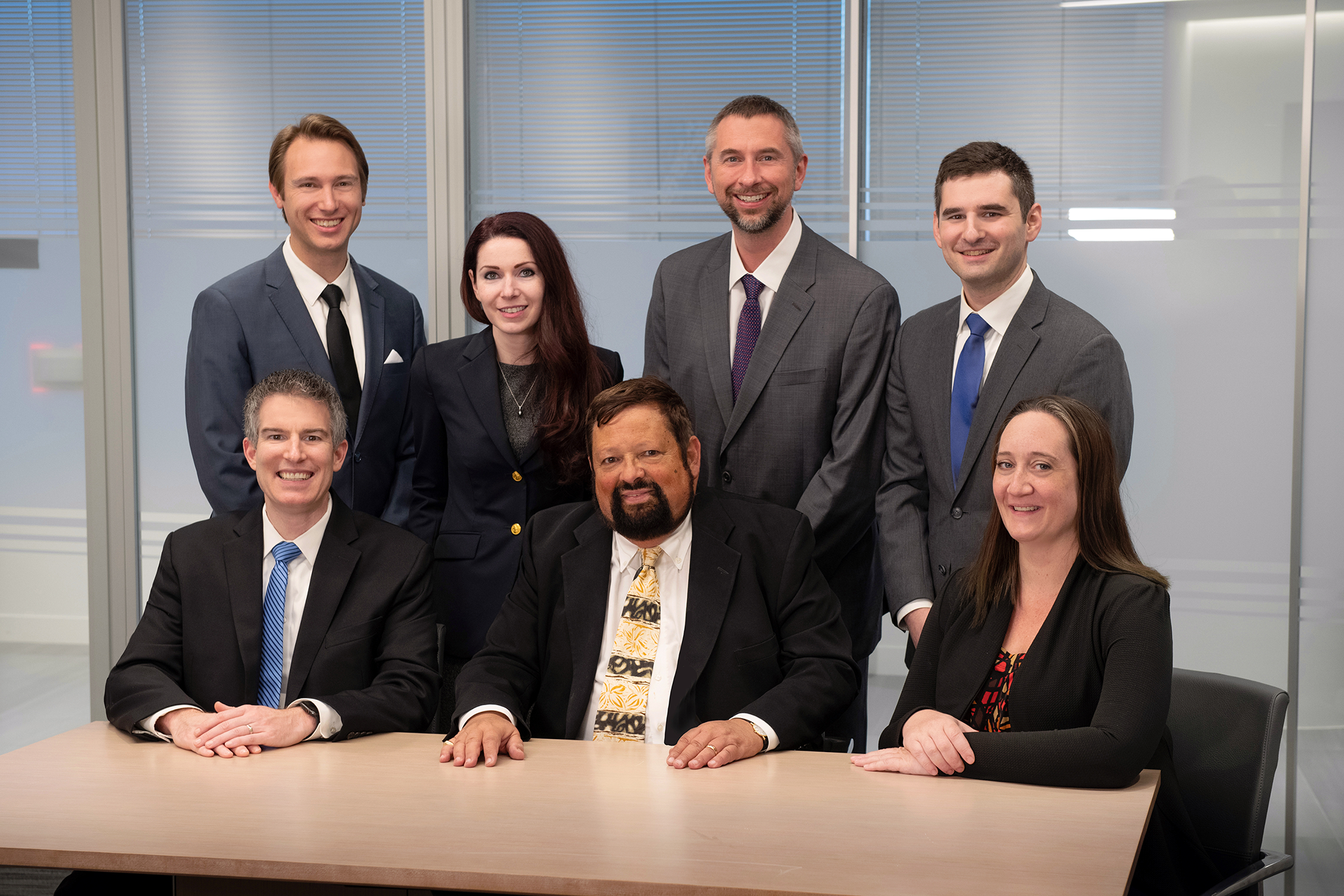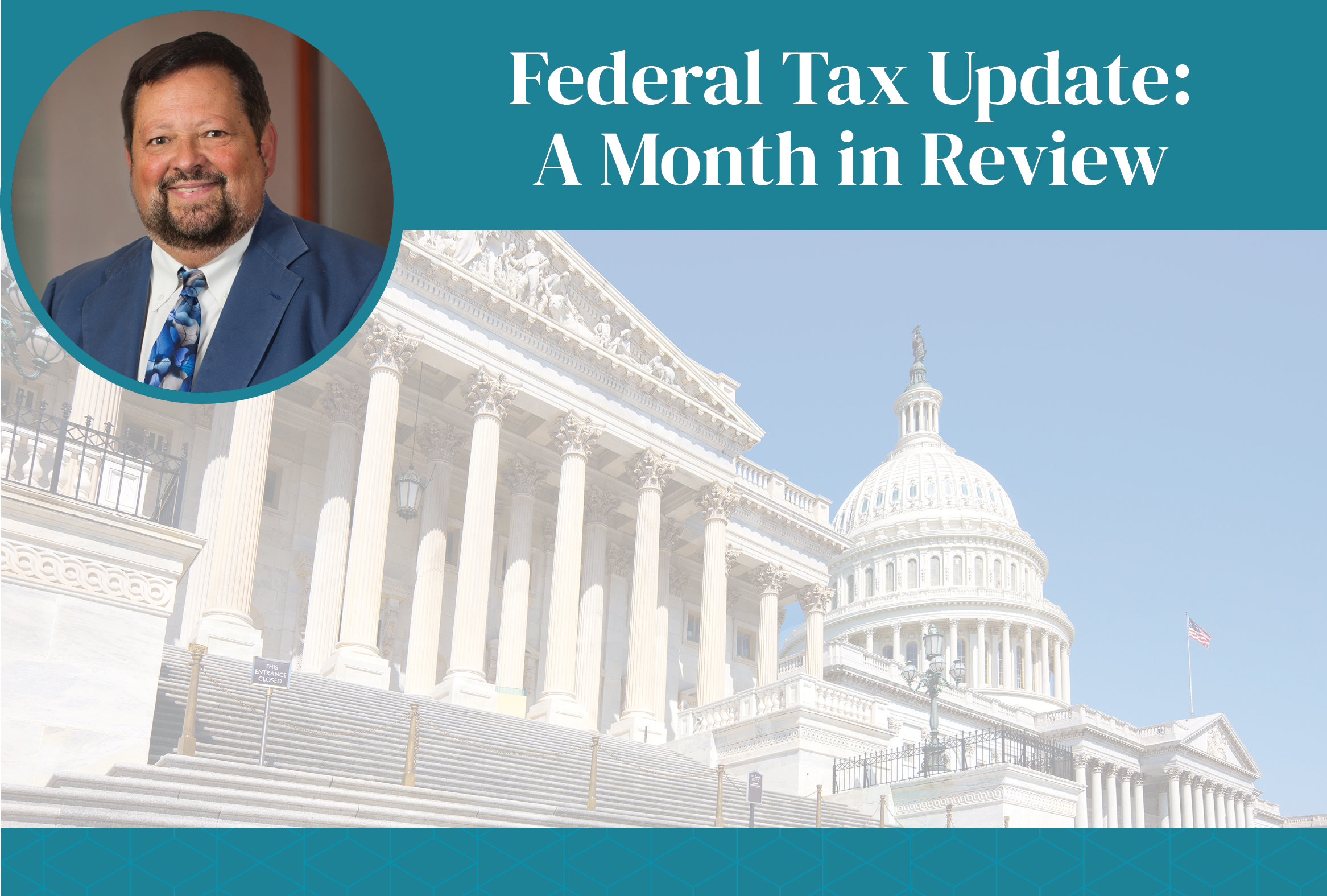August 17th, 2022
Expect IRS Tax Audits to Increase
Posted in: Tax Law Tagged: David S. De Jong
Author: David S. De Jong

With the newly enacted Inflation Reduction Act increasing the budget of the Internal Revenue Service by $80 billion over ten years and the added resources dedicated in substantial part to hiring new personnel, the number of audits by IRS is expected to increase in the coming years. The rise in audits will be targeted at upper income individuals.
Over the last decade, the audit rate for individuals has fallen from 1 percent to 0.3 percent of individual filers with much of the emphasis placed on those lower income individuals claiming the earned income credit.
Most returns are picked for examination through the Discriminant Function System (DIF) which was first used in 1969 to select returns which appear to have the greatest probability of error. While the formula for selecting returns is secret, its genesis is in the National Research Program (NRP) which randomly chooses a small number of returns for extensive examination to generate the data going into the selection process. Once a return has been identified through computer selection, it may still not be audited as humans take over from machines, prioritizing some and discarding others from the DIF selection.
Here are ten of the most audit triggering factors on an individual tax return.
- Inconsistency with information returns. Use Form 8082 to explain differences with K-1s. In other cases, show the amount on the information return on a support schedule and back out the portion incorrectly reported and provide a brief explanation.
- Significant business losses. IRS will be looking to see if the activity is a hobby or whether start-up expenses have been deducted rather than capitalized.
- High Schedule C income. IRS will seek to determine if all income is reported and if personal expenses are being deducted. Reduce the chances of audit with an S corporation or multi-member LLC.
- High home mortgage interest deduction. IRS is looking to spot those deducting interest on more debt than permitted.
- High charitable contributions. IRS scrutinizes cash contributions inconsistent with an individual’s income as well as significant property donations which require a complete Form 8283 and often a qualified appraisal.
- “Tax sheltered” investments. The tax representations made to investors often do not hold up under scrutiny. The current focus is on syndicated conservation easements.
- Unusual items including disproportionately high numbers. Consider a brief explanation on a support schedule.
- Foreign bank accounts. Submit Form 8938 to IRS and the FBAR to Treasury as required.
- Round numbers. Too many line items ending in zero or five and IRS will believe you are estimating or even making up numbers.
- Irreputable preparers. IRS will audit large numbers of returns of preparers who are under scrutiny. Use a reputable preparer and, for a complex return, a top accountant.
Stein Sperling can assist you in your audit, administrative appeal or litigation as well as any other federal or state tax matter. It enjoys a first tier national rating from US News and World Report in Tax Controversy and Litigation – one of only 33 firms in the United States. Stein Sperling is also nationally ranked in Tax Law.




